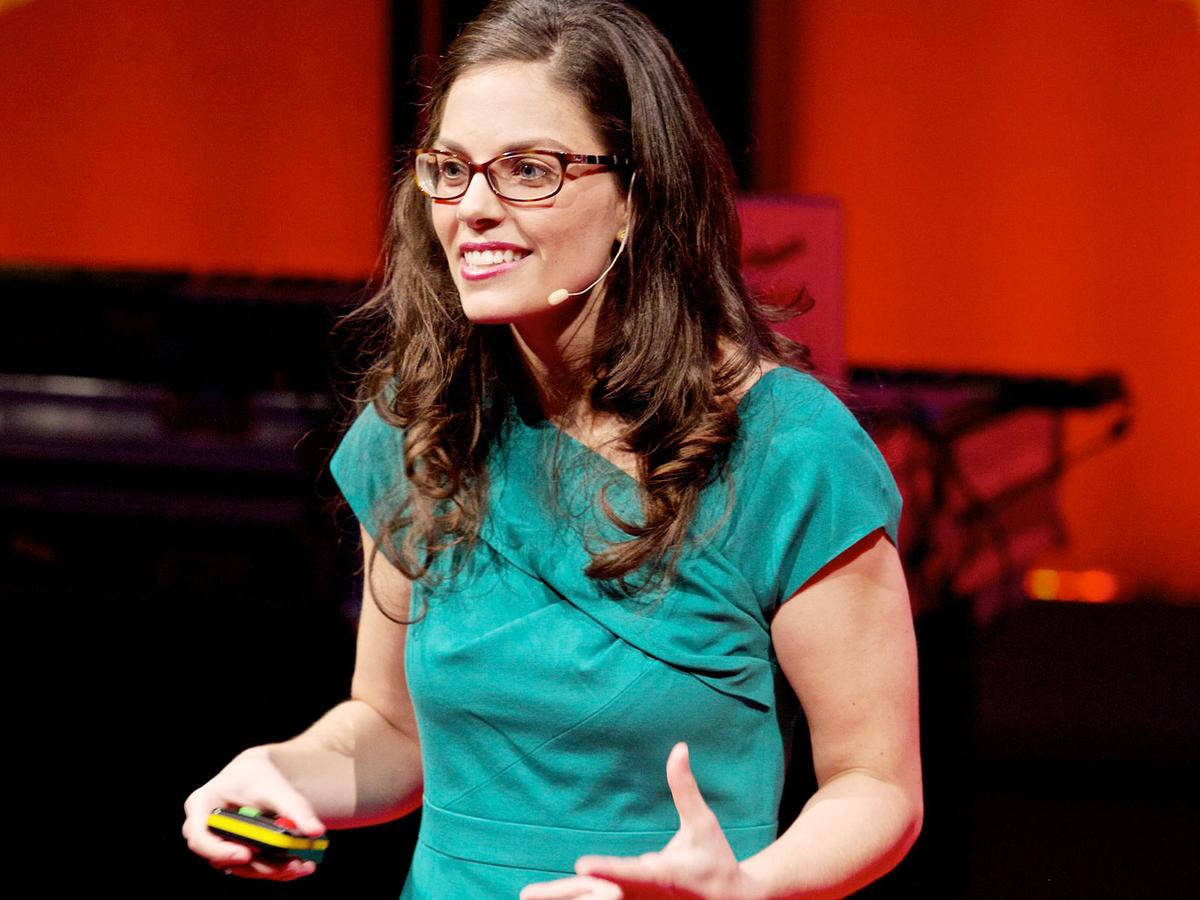
Dr. Molly Crockett is a neuroscientist known for her research on human morality, altruism and decision making. Formerly an associate professor at the University of Oxford, Crockett joined the Yale Psychology Department this year as an assistant professor. Crockett has had research published in eminent journals including Science, Proceedings of the National Academy of Sciences, Neuron and the Journal of Neuroscience. She has also given TED talks on “Drugs and Morals” and “Beware Neuro Bunk.” Crockett has been featured in The New York Times, Wired, the Financial Times and New Scientist.
Q: You’re working on developing a better understanding of the psychology of human morality. Can you talk about exactly what that entails?
A: Sure. What has always fascinated me is the human capacity for both atrocious behavior and heroic behavior. Not just between individuals but within the same person — one person could be capable of doing something really, really horrible and really, really wonderful. In my lab we do experiments to understand how people make decisions that affect both themselves and others. And how people learn about the character of other people, because that of course informs the way we view our decisions towards them. We use brain imaging processes to peek at the neural processes that might guide decision-making. We have found that morality is valuable and people incorporate moral values and rules into the basic rewards and punishments they incorporate into their lives. If you have the opportunity to make some money by doing harm to another human, that money is less valuable in the brain than that same money gained without harming another human.
Q: Does this morality manifest itself in the physical brain imaging aspect of your research as well?
A: Yes, exactly. There is a network of brain areas that we know to be involved in signaling rewards. That is the stratum and the ventromedial prefrontal cortex. We’ve shown that reward circuitry in the brain, it cares about money. When you give a person money, the brain responds vigorously, but it responds less to money that’s earned by harming another person than it does to money that’s earned by harming yourself or not doing something harmful at all.
Q: Is your research focused on morality in the context of interpersonal relationships or does it encompass some objective morality, whatever that means, as well?
A: That’s an interesting question, actually. We are interested in understanding the full spectrum of morality in human experience, ranging from the trade-offs and negotiations that people make in their daily life with their friends and family members to expressing political views which have taken on a very moral tinge, especially these days, and that ranges from the concrete to the abstract. We also collaborate with philosophers to have conversations bridging the descriptive with the normative. So, in psychology we try to understand how people actually make moral decisions, and philosophers are in the business of trying to understand what people ought to do. Bridging that gap is not straightforward and, in fact, many have argued that it is not possible. It’s an active area of research in our lab.
Q: What has your experience of bridging that gap been like?
A: One area that I’ve participated in a lot in the past few years is in the domain of moral enhancement. So, I have done several studies looking at whether and how moral judgment and moral behaviors could be influenced by certain drugs which alter brain function, be that an antidepressant drug, or a dopamine drug, or, more recently I’ve been interested in psychedelic drugs and how those might alter social cognition. We’ve published papers showing that if you change dopamine systems in the brain or serotonin systems in the brain, this could change the way that people make moral judgments and moral decisions. And, there’s a whole branch of philosophy that is concerned with the idea of moral enhancement, whether it should be done and the ethical implications of drugs that might change morality — so I’ve had a lot of conversations with philosophers in this space. Most of them have been me pointing out that morality pills are not around the corner and maybe may never be able to be developed. That’s because morality is obviously very complex, and drugs that alter brain function are very blunt tools for manipulating what is ultimately a very complicated and fine-tuned apparatus for moral cognition. But it’s been very interesting engaging in those discussions and the philosophical perspective really informs a lot of what we do in the lab. We have philosophy students coming to our lab meetings, for example.
Q: You noted that current environmental factors, in addition to genetics and upbringing, can influence one’s experienced morality. In the context of politics specifically, how significant of a role do greater social trends play in influencing one’s personal morality?
A: I’m so glad you asked that because it’s something that I’m obsessed with at the moment. I actually have a paper coming out on Monday exploring how social media might influence the experience and expression of moral outrage. So, the idea is that moral emotions evolved in a very particular context, a context of small group interactions. But, with new technologies, the nature of social interaction has dramatically changed. We’re interacting less face-to-face, with much larger groups of people in online social networks. It’s important to ask the question of how the structure of these networks and the nature of the interactions that take place in those networks actually change the relative costs and benefits of moral expression, punishment or empathy. I’m thinking a lot about these questions and we’re planning a lot of research in the lab to try to understand how different components of social interactions that might change when you go from offline to online actually could change the way that people engage morally and ultimately change the way that people form their moral opinions and judgments.
Contact JOSH PURTELL at
josh.purtell@yale.edu .







